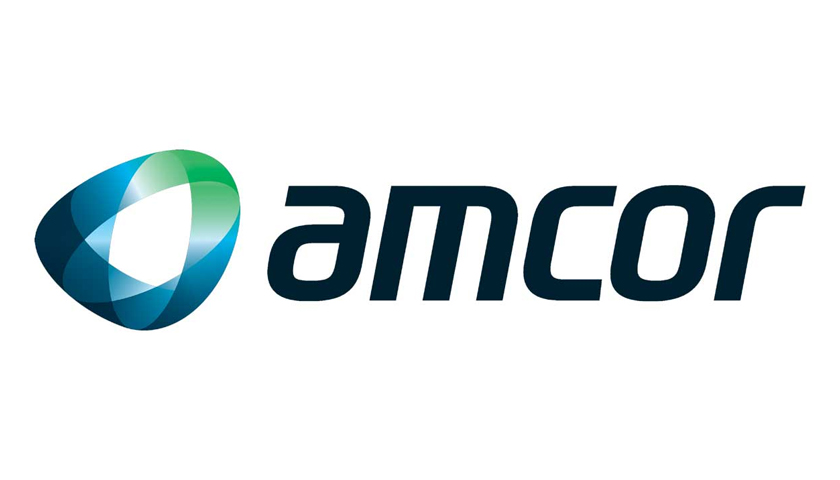United Airlines Ventures (UAV) and Oxy Low Carbon Ventures (OLCV) announced a collaboration with Houston-based biotech firm Cemvita Factory to commercialize the production of sustainable aviation fuel (SAF) intended to be developed through a revolutionary new process using carbon dioxide (CO2) and synthetic microbes. UAV also announced an equity investment in Cemvita Factory. OLCV, a subsidiary of Occidental (Oxy), is a founding investor in Cemvita Factory.
SAF is an alternative to jet fuel that uses non-petroleum feedstock and offers lower lifecycle greenhouse gas emissions. United has invested in more SAF production than any other airline.
“At United, we have been consistent in leading the airline industry with bold action when it comes to fighting climate change – that starts with building an ecosystem around companies like Cemvita Factory to create and commercialize new SAF technologies,” said Michael Leskinen, President of United Airlines Ventures. “This is truly a global imperative, and this cooperation with Oxy Low Carbon Ventures reflects our dedication to building relationships across sectors and working with companies aligned with our sustainability goals.”
United and OLCV have previously worked together on new approaches to combat climate change. Together, UAV and OLCV will fund development work at Cemvita to convert carbon dioxide into hydrocarbons for SAF. If performance targets are achieved, UAV and OLCV plan to form a joint venture to commercialize the technology. This includes funding projects such as pilot and demo plants, engineering studies, financing construction and operating SAF plants.
“The use of SAF is a promising approach that we believe can significantly reduce global emissions from aviation and further decarbonization initiatives to combat climate change,” said Richard Jackson, President, Operations, U.S. Onshore Resources and Carbon Management, Oxy. “We are eager to collaborate with United and Cemvita to accelerate SAF innovation to reach commercial scale.”
Today’s announcement makes Cemvita the third SAF-related technology to receive an investment from UAV. Launched in 2021, UAV targets startups, upcoming technologies, and sustainability concepts that will complement United’s goal of net zero emissions by 2050 – without relying on traditional carbon offsets. United has aggressively pursued strategic investments in SAF producers and revolutionary technologies including carbon capture, hydrogen-electric engines, electric regional aircraft, and urban air mobility. SAF has the potential to deliver the performance of petroleum-based jet fuel but with a fraction of its carbon footprint on a lifecycle basis.
Cemvita Factory uses synthetic biology to turn carbon dioxide into chemicals and alternative fuels, including sustainable aviation fuel. Cemvita is among the first to employ this technology to support heavy industry decarbonization and, find ways to use microbiology to turn carbon dioxide into fuel.
“Cemvita Factory is delighted to team up with United and Oxy for this exciting development,” says Moji Karimi, co-founder and CEO of Cemvita. “We commend United Airlines for being a leader in the airline industry’s decarbonization efforts and are proud to work once again with OLCV to provide these solutions on a broader scale.”
United’s 100% green commitment
Here are some of the ways United plans to make sustainability the new standard in flight:
- In December, United purchased an equity stake in hydrogen-electric engine developer ZeroAvia, becoming the largest airline to invest in zero-emission engines for regional aircraft.
- In December, United became the first in aviation history to fly an aircraft full of passengers using 100% sustainable aviation fuel.
- In September 2021, United agreed to purchase 5 billion gallons of SAF paired with an investment in Alder Fuels – enough to fly more than 57 million passengers.
- United is also an investor in Fulcrum BioEnergy, where United has an option to purchase up to 900 million gallons of SAF.
- In July 2021, United announced that along with Breakthrough Energy Ventures and Mesa Airlines, it invested in electric aircraft startup Heart Aerospace. Heart Aerospace is developing the ES-19, a 19-seat electric aircraft that has the potential to fly customers with zero emissions when powered by renewable electricity.
- In July 2021, Air Transport World magazine named United its Eco-Airline of the Year for the third time.
- In February 2021, United announced an agreement to work withArcher Aviation to accelerate the development and production of their electric aircraft – an urban mobility solution that has the potential to serve as an ‘air taxi,’ giving United customers another opportunity to reduce their carbon footprint before they even board a United flight.
- In 2020, United became the first airline to announce a commitment to invest in 1PointFive’s direct air capture, a carbon capture and sequestration technology. United remains committed to investing in carbon capture and sequestration as a key pathway to achieving its climate goals.
- In 2019, United operated the Flight for the Planet, which represented the most-eco-friendly commercial flight of its kind in the history of commercial aviation.
- In 2018, United became the first U.S. airline to commit to reducing its GHG emissions, by 50% by 2050. This goal has since been superseded by the airline’s 100% green net zero commitment.
- In 2016, United became the first airline globally to use SAF in regular operations on a continuous basis with SAF from World Energy.



